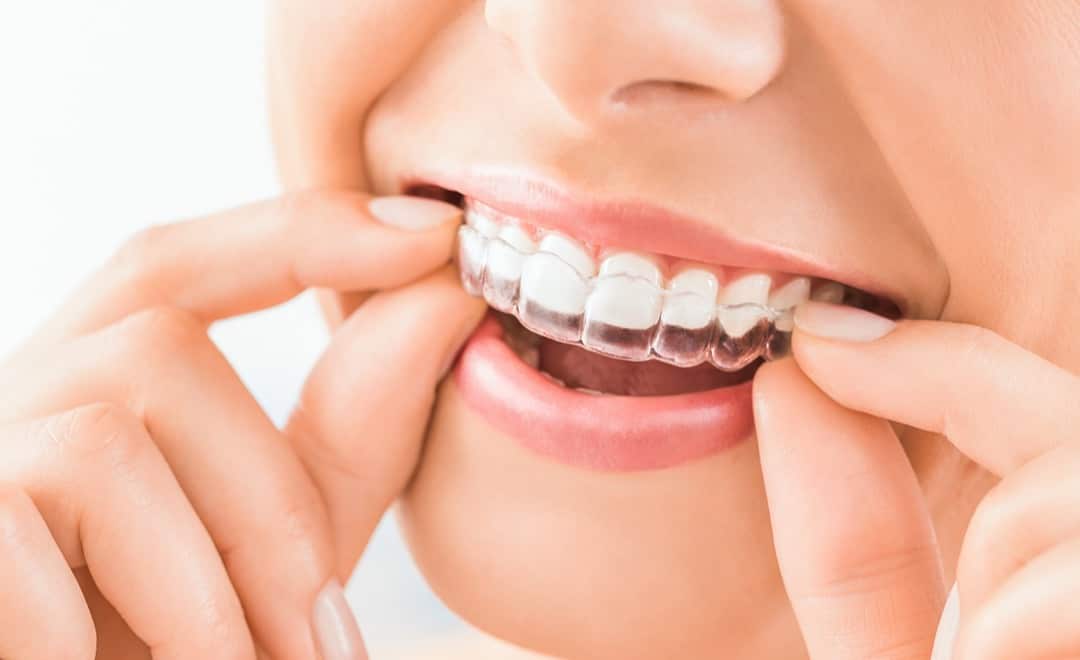While most parents don’t start considering braces for their children until they are in middle school or high school, many children would benefit from having interceptive orthodontic care, or care starting at an earlier age. Caring for orthodontic problems while their teeth and mouth are still growing may make it easier and less expensive to treat problems later. Here are three signs that your child may be in need of interceptive care.
Problematic Placement of Teeth
You may be brushing your child’s teeth and wondering, is that tooth supposed to be there? If you have to ask, then there is probably an issue. One of the major signs that your child may need interceptive care is if they have overcrowded teeth, misaligned teeth, missing teeth, or other abnormal tooth positions. Taking care of these problems earlier rather than later can help to correct problems that could prove expensive and troublesome later.
A Wacky Bite
When your child bites down, does it appear that their lower teeth are landing in front of their upper teeth? Or are your child’s upper teeth misaligned with his or her bottom teeth? Or does your child’s jaw appear to be too far forward, too far backward, too small, or too large? If so, then your child may be in desperate need of interceptive orthodontic care. These issues can be symptoms of jaw misalignment or other issues that could negatively impact your child, possibly leading to difficulties in chewing or biting their food.
Bad Oral Habits
Sometimes oral problems manifest themselves in the form of other symptoms than oddly placed teeth or a “bad bite.” For example, if your child continues to suck their thumb or other fingers past age four, this can cause major alignment issues in the future. Mouth breathing is another common cause of tooth and jaw abnormalities since, over time, it can narrow your child’s face and jaw.
If you see any of these common symptoms in your child, you should notify an orthodontist as soon as possible. As previously stated, many of these issues—if not addressed early on—can result in major health issues further down the road. For the health of your child and for the sake of your pocketbook, it will be a good idea to at least consult with an orthodontist to see what would be best for your child.
Do any of the signs above sound familiar? Click here to discover how we can help your child get the care he or she deserves!




